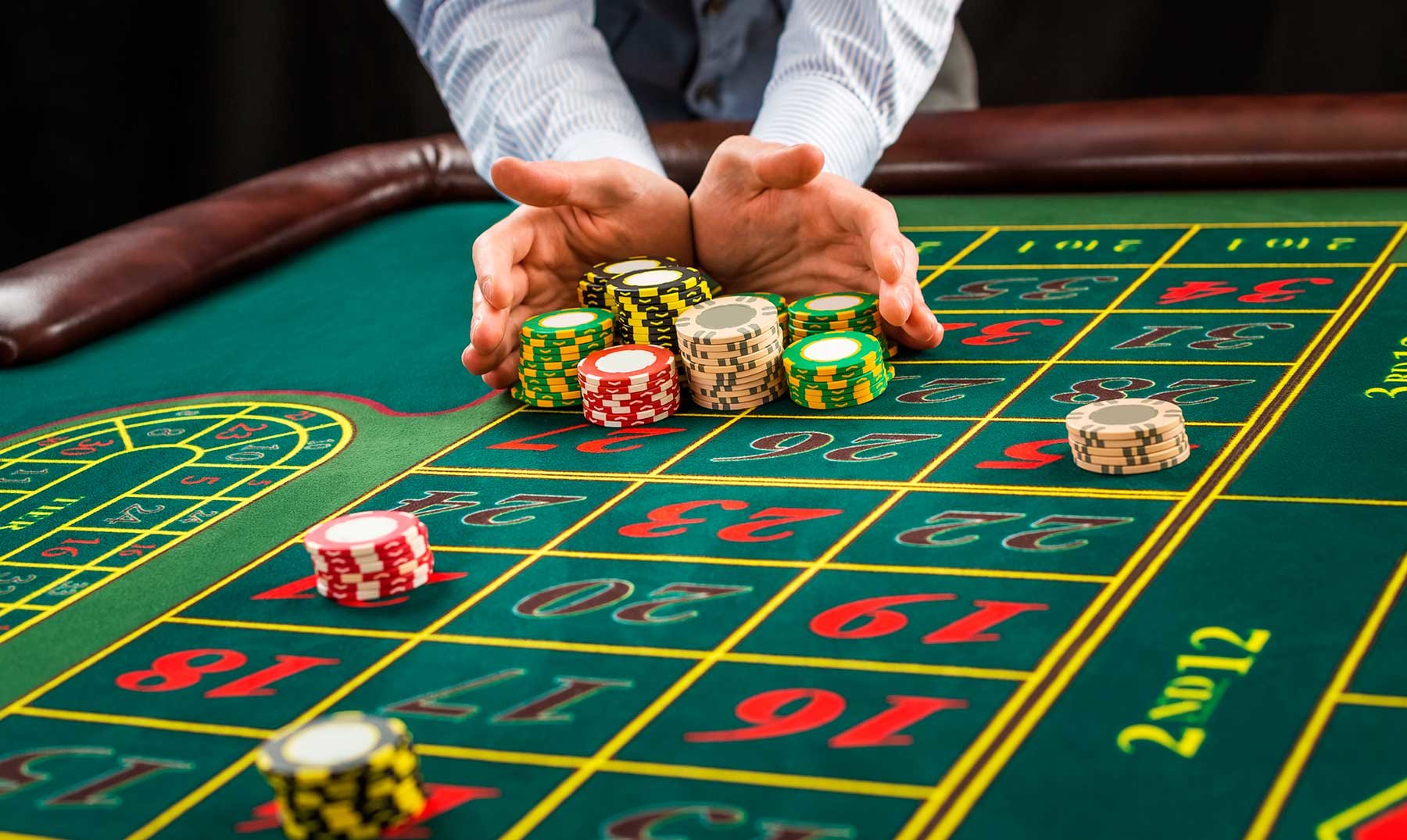
Within the vibrant realm of gambling halls, where the air buzzes with enthusiasm and the clattering of chips fills the environment, the role of a game dealer is both crucial and fascinating. Each day, these experienced professionals step into a realm where luck and tactics intertwine, leading players through the highs and lows of their selected casino titles. From table games like 21 and poker to the spinning wheels of the roulette table, dealers facilitate the action while ensuring that each game runs seamlessly and fairly.
As the sun rises on another bustling day, a casino dealer gets ready to dive in this vibrant setting. Their responsibilities extend beyond just distributing cards or turning a wheel; they are also entertainers, customer service representatives, and guardians of the rules. Each workday brings new obstacles and experiences, making every day unique in the life of a dealer. This insider look will explore the day-to-day operations of a casino game dealer, showcasing the expertise and experiences that make this career both thrilling and fulfilling. 5MB
The Role of a Casino Table Croupier
A gambling game dealer is at the core of the gaming experience, managing the flow of the play while making sure that players are involved and enjoying themselves. Their main responsibility is to oversee the game, which includes distributing cards, spinning the wheel, or handling the chips, depending on the game being played. Dealers must possess a deep understanding of the regulations and guidelines governing each game, while also maintaining a friendly and welcoming demeanor to enhance the gambling atmosphere.
In addition to managing the gameplay, croupiers must also keep a close watch on the players and the surroundings around the table. This entails watching for any signs of cheating, making sure that everyone is following the guidelines, and addressing any disputes that may arise among players. Strong communication skills are essential, as dealers often give explanations about the game’s mechanics and give assistance to those who may be novice to gambling games.
Moreover, a croupier’s role extends beyond just the mechanical aspects of the play. They play a key part in crafting an enjoyable experience for the players. This requires establishing a connection with patrons, being sensitive to their wants, and often injecting an aspect of fun into the game. It’s this mix of talent, vigilance, and people skills that makes the position of a casino game croupier both demanding and fulfilling in the dynamic world of gambling games.
Daily Responsibilities and Challenges
One of the main responsibilities of a casino game dealer is to manage the various games available at their table, making sure a smooth and satisfying experience for players. Dealers must be proficient at distributing cards, counting chips, and maintaining the continuity of the game. This calls for a sharp understanding of the regulations of each game, from blackjack to roulette, and the ability to answer players’ questions while maintaining the game progressing. Attention to detail is crucial, as dealers must monitor bets, pay out winnings correctly, and watch for any cheating or discrepancies at the table.
In addition to supervising the game per se, dealers face challenges such as managing difficult players. The casino environment can be stressful, particularly during high-stakes games, and a dealer must remain composed and professional at all times. They need strong interpersonal skills to handle interactions with players who may be upset about losses or dissatisfied with the game’s speed. Handling these situations delicately is important in creating a positive atmosphere on the casino floor.
Another major responsibility is maintaining the integrity of the game. Dealers must be alert and observant, watching for any signs of collusion or cheating among players. This entails not only a strong knowledge of the games but also an awareness of player psychology. They must also adhere to the casino’s rules and procedures, taking part in regular training sessions to stay informed on rules and protocols. Balancing these responsibilities while providing top-notch customer service is what makes the role both difficult and rewarding for a dealer in a casino.
Qualities and Qualities for Achievement
A successful casino game dealer must have excellent communication skills. This includes not just the ability to clearly explain game rules and procedures to players but also the capacity to engage with them in a cordial and professional manner. Cultivating rapport with guests can enhance the gaming experience and inspire repeat visits to the casino. Proficient communication enables dealers to manage tables smoothly while ensuring that players feel entertained.
Additionally, solid mathematical skills are essential for a dealer. Quick calculations are often required to monitor bets, payouts, and game outcomes in real-time. A dealer’s ability to perform these math operations accurately and swiftly promotes to the overall efficiency of the game. This skill helps in maintaining the flow of play and in minimizing disputes or misunderstandings with players, which is crucial in a dynamic casino environment.
Lastly, an ideal casino game dealer should demonstrate integrity and professionalism at all times. Trust is a crucial component of the gaming experience, and players must feel confident that the games are conducted equitably and clearly. A dealer’s devotion to upholding high ethical standards fosters a friendly atmosphere at the table and enhances the casino’s reputation. Being reliable in behavior ensures that dealers leave a enduring impression on guests, which can lead to a loyal customer base.